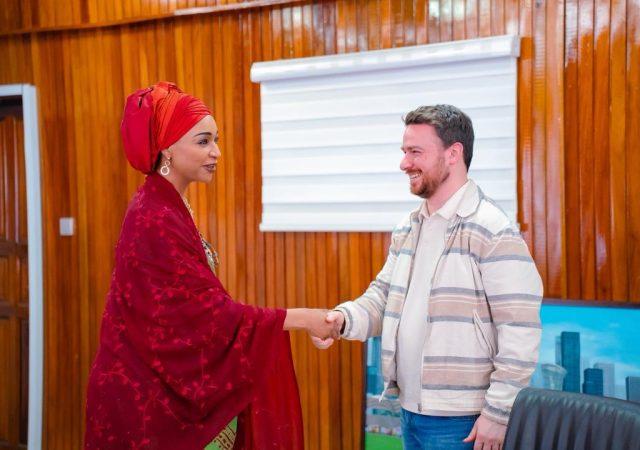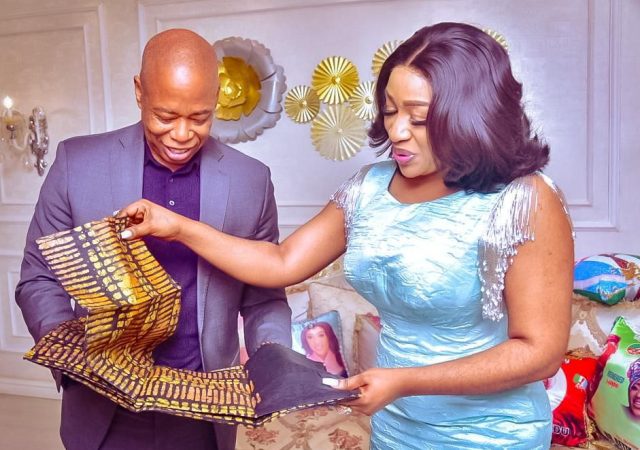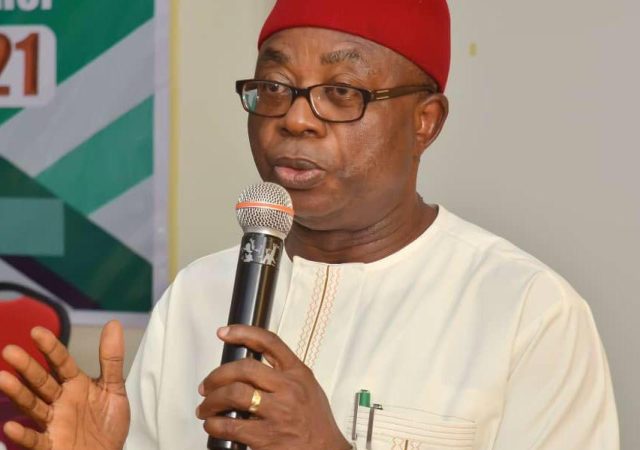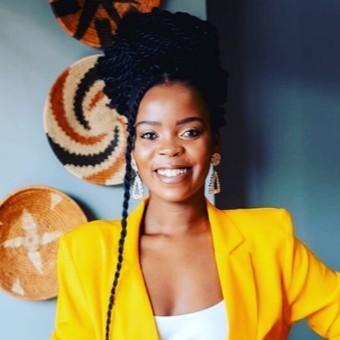
Bonolo Magowe is a Political Analyst, Researcher and Development Practitioner. She is the newly appointed Advocacy and Campaigns Programs Officer for the Women in Politics program which is a pioneering initiative that aims to provide a platform for women to meaningfully participate in politics in Botswana. She is also the Programme Coordinator for a Southern African Regional program under Democracy Works Foundation that focuses on strengthening Political Parties to develop inclusive and effective policies on access to water and energy. Through her current role, Bonolo works closely with the Political Parties Women and Youth Wings in Botswana to challenge their political party structures and give strategic guidance that promotes inclusivity. She aims to change the narrative increasingly perpetuated by political institutions, making women and young people spectators of governance by not being intentional about their involvement.
She currently represents Botswana as a member of the African Youth Charter Hustlers, a Youth Advisor Council member for the American Embassy in Botswana advising on issues of security, and policy reform and a member of FEMWIZE -Africa which aims to strengthen the role of women in conflict prevention and mediation efforts in the context of the African Peace and Security Architecture. Bonolo is also one of the founders and coordinators of the very first Southern Africa Development Community Open- A series of regional youth led dialogues which focused on regional integration and sustainable development of women and young people. It is through her passion for women and youth advancement that she has represented Botswana in multiple platforms including the AU Youth4Peace Consultative meeting in Botswana and Eritrea as well as the inaugural Danish- Africa Youth Dialogue supported by the Danish Ministry of Foreign Affairs, Danish Institute for Security Studies, Institute for Peace and Security Studies and the Institute for Security Studies. She continues with her passion for oration as the youngest founding member of the Democracy Works Foundation Academy. In this role, she is tasked with developing program interventions that are more accessible and influential in advancing transnational regional learning.
Bonolo speaks to Sunday Oyinloye, Publisher, Green Savannah Diplomatic Cable about her job and politics of her country as it relates to women
Excerpts:
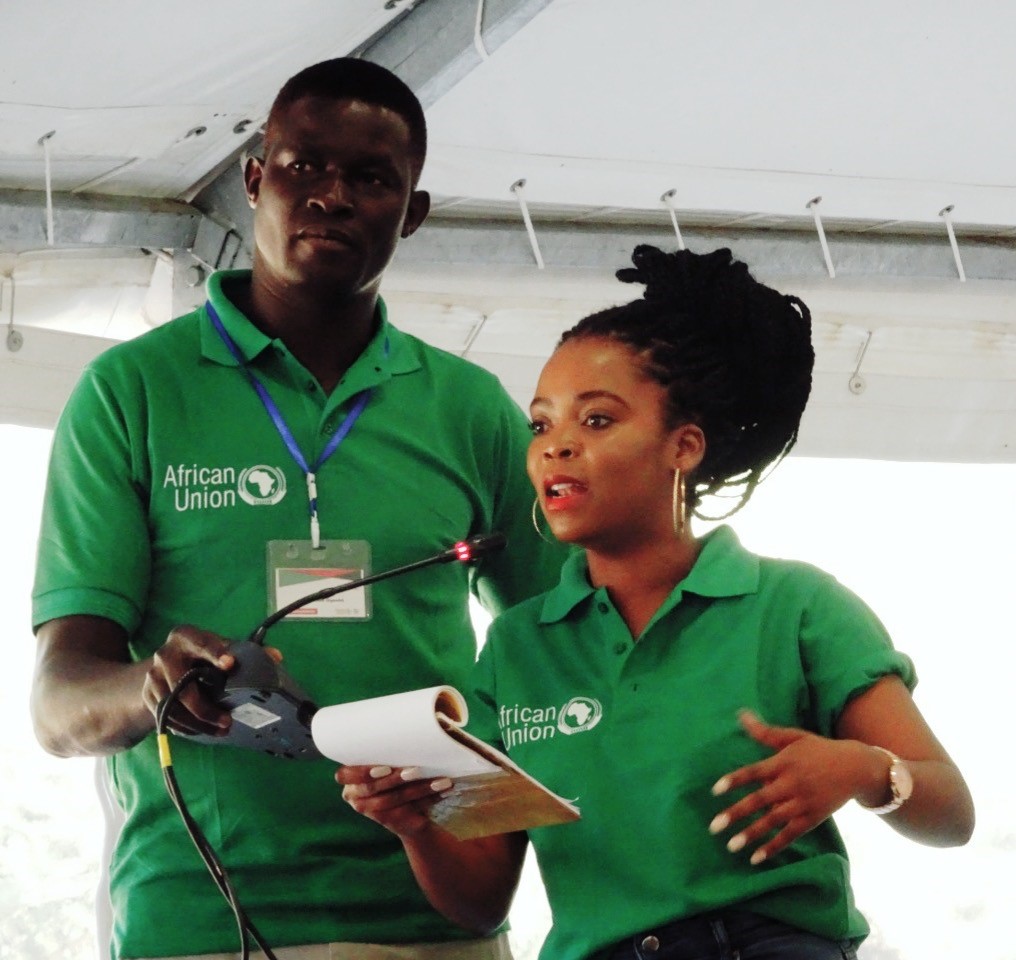
You are the newly appointed Advocacy and Campaigns Programs Officer for the Women in Politics Program in Botswana, how involved are Batswana women in politics and what are the factors militating against women participation in politics in your country?
There is limited participation of women in Batswana politics, even with their capacity and potential to hold leadership positions. This has been demonstrated for years in the corporate sector and the nature of high level ground breaking positions women continue to hold in that space. It is therefore important to recognize the fact that by meaningfully and intentionally involving women in the political process ,there will be tangible gains for democracy, including greater responsiveness to citizen needs, increased cooperation across party and ethnic lines, and a more sustainable future . There are various factors that are hindering the ability of women in Botswana to hold political positions and self-actualize as politicians; these factors are mostly attributed to cultural norms and traditions that still in this day and age preposition women to a secondary role. Currently there is under-representation of women in parliament. Following the elections of October 2019, only 7 out of 65 parliamentarians (representing 9.5%) are women. However, of the seven, four came through presidential nomination, meaning only three women managed to secure their seats through elections. It was only in 2004 that Botswana obtained the highest representation of women in Parliament, although it was a meagre 17%. At the local government level, only 11% of seats are accounted for by women following the 2019 elections. Since 1965, no woman has ever been put forward as a presidential candidate by any of the political parties, despite the status of Botswana as the oldest democracy in Southern Africa, and often referred to as the beacon of hope. There are other factors that hinder women’s participation and these include lack of funding to campaign , sexual abuse ,and fear of being ridiculed by fellow party members to name a few.
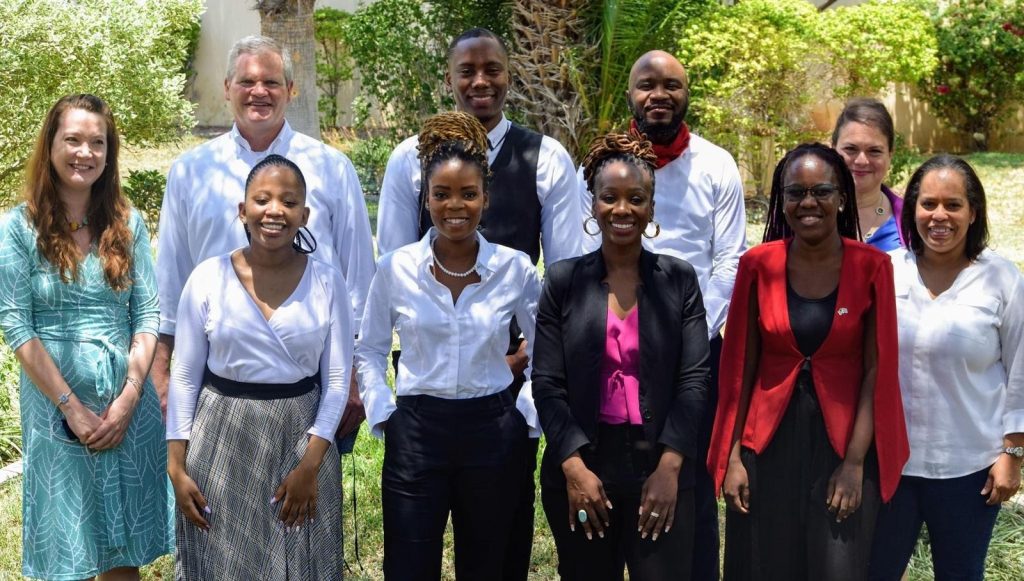
What should be done to encourage more women in politics?
The belief that women cannot be legitimate politicians is but a symptom of a larger problem which is the negative perception that the country has about the potential and strength of women. It is therefore crucial for Batswana to change their mindset, particularly the cultural stereotypes that still exist in the country. There is a need for practical and effective interventions that will assist women to have the technical and practical knowledge on how to be resilient when one starts, runs and finishes a successful political campaign. Most importantly, society needs to invest in understanding the varying needs and aspirations of women from all walks of life in order to achieve the kind of inclusive women empowerment we wish to see in the country. Currently, all capacity development strategies and programs tend to focus on women within the proximity of an urban area and in most cases they ignore those in more remote locations. This exclusion has become a huge disincentive for women belonging to ethnic minority groups who we all know are still the least represented. They are the ones that are disproportionally affected by ineffective developmental policies and strategies to be active in politics in Botswana.
What are your roles as the Programme Coordinator for Southern African Regional program under Democracy Works Foundation?
In my current position as the Programme Coordinator for the Southern African Political Parties and Dialogue Program my passion lies in working closely with the political parties women and youth wings in Botswana to challenge their political party structures in an effort to realize the meaningful participation of women and young people in governance. In my current role I am also responsible for stakeholder mapping of CSOs and other civil society in the Southern African Region to determine how Democracy Works Foundation can help increase their capacity in water and energy issues and what regional collaborative opportunities exist between the work of DWF and other partners. Through my efforts, DWF has managed to successfully collaborate with various local civil society organizations, government and academia such as Botswana Climate Change Network, Success Capital , Inspired Horizon , University of Botswana , Water Utilities , Botswana Power Corporation ,Botswana International University of Science and Technology to build platforms where meaningful dialogue can be held about water and energy challenges in Botswana. . My role also includes regular engagement with regional partners such as Freedom House, a consortium partner which conducted the social inclusion audit study. In addition to these numerous responsibilities I work hand in hand with the Country Director to Co-designs training materials and draft TORs for various training workshops and research studies. The core mandate being to help our facilitators to be well equipped to build the capacity of political parties. Through this collaborative effort, the Country Director and I have successfully commissioned the Primary Elections study and the Political Parties Manifesto Analysis Study. I have also taken a role of the Youth Spokesperson for the office. In this role, I have established a network of youth organizations with whom we pioneered dialogue seminars which speak to the advancement of an inclusive democracy in Southern Africa.
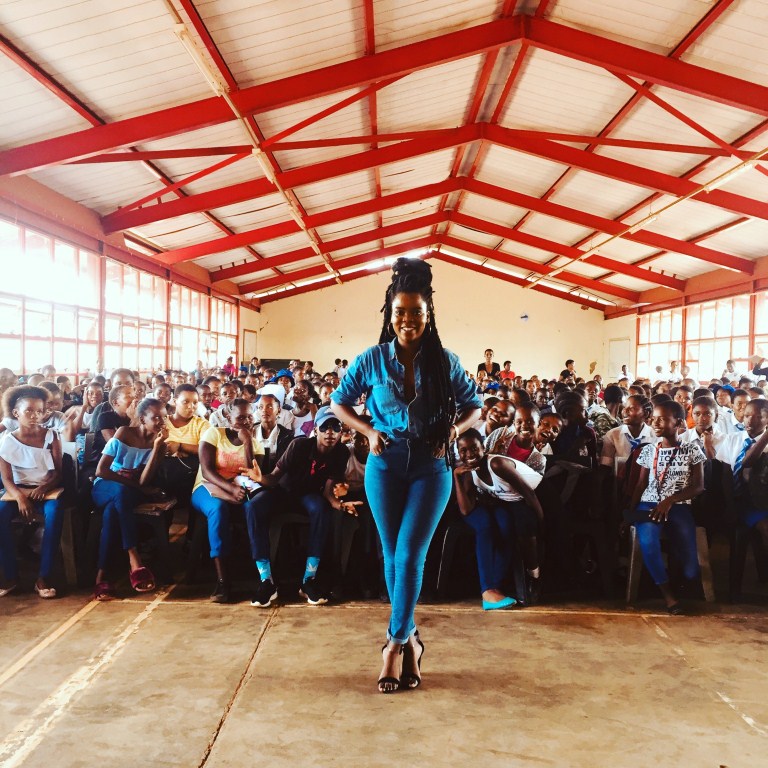
Would you say youth in your country have been given the space to participate in politics?
The youth in Botswana are extremely talented resilient but underutilized I think if given a fair chance they would without a doubt ascend to the highest political positions. But there are still underlying factors that have prevented this from happening and these include, side lining by political gate keepers.
Again, I will like to know your role as the representative of Botswana at the African Youth Charter Hustlers?
As the African Youth Charter Hustler I will over a period of two years lead together with my counterpart in Botswana the continental, regional and national advocacy and accountability for the ratification and implementation of the African Youth Charter including progressive youth policies, youth funds and youth inclusion as well as the institution of effective monitoring and reporting mechanisms. The aim is to address the persistent inequalities in economic participation and the National policy framework which dates to 2010, which we strongly recommend an update should be done. The government must invest in the 4th industrial revolution and become a knowledge-based economy. We also aim to strengthen youth engagement with national leaders and development partners to promote and uphold the principles of good governance and ensure consultative efforts to promote inclusivity in sustainable development agendas.
You are wearing many caps when it comes to the issue of development, how have you been able to combine all your activities?
The best thing about my passion is that there is always a way that I can link all aspects of my life, and I do not view it as wearing many hats as much as getting the sense that I am exploring and nurturing various components that define who I am . What is important is to never lose sight of the ultimate goal which is to work tirelessly for the betterment of not just my tomorrow but the future generation





